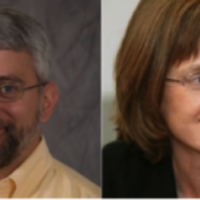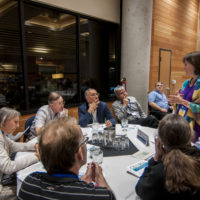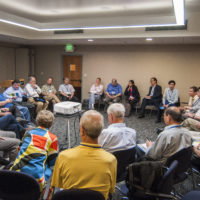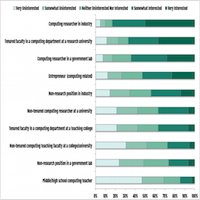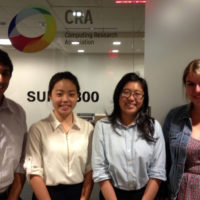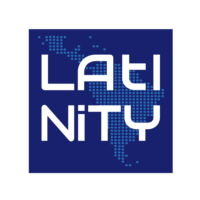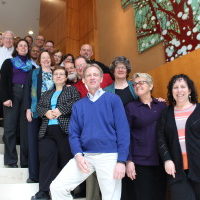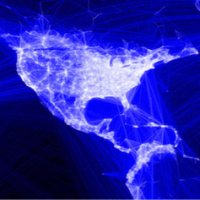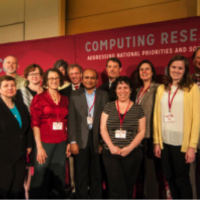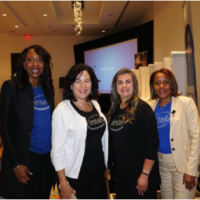
Expanding the Pipeline: The National GEM Consortium Shines a Bright Light on Graduate Education and Retention
GEM is a network of leading corporations, government laboratories, universities, and research institutions that enables qualified students from underrepresented communities to pursue graduate education in applied science and engineering. Its mission is to enhance the value of the nation’s human capital by increasing the participation of underrepresented groups—namely, African Americans, Native Americans, and Hispanic Americans—at the master’s and doctoral levels in engineering and science. GEM recruits high-quality underrepresented students seeking to pursue advanced degrees in applied science and engineering, and matches their specific skills to the specific technical needs of GEM employer members.


